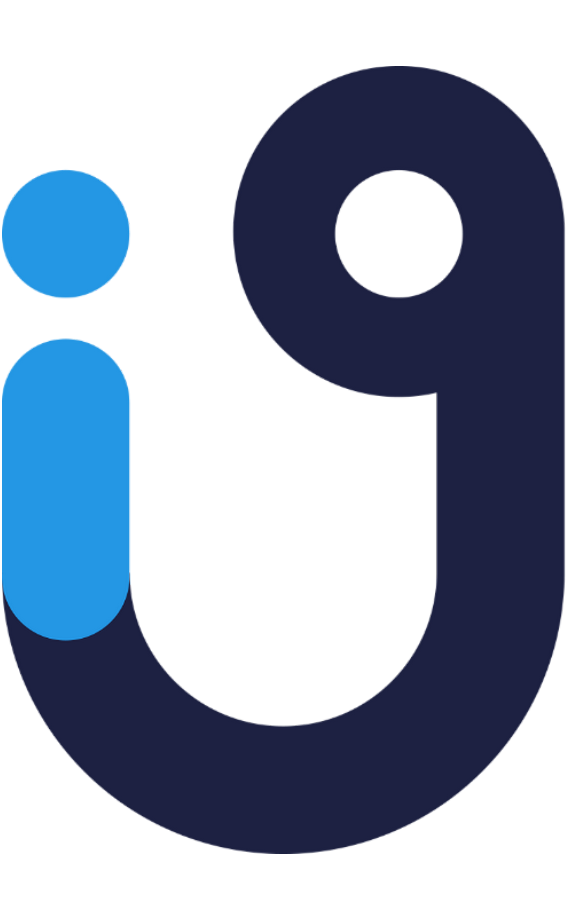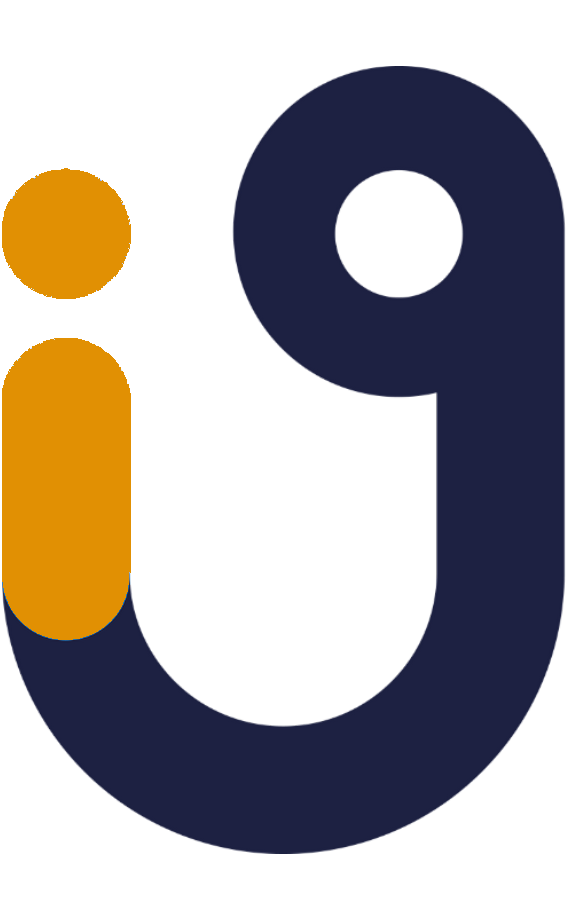Premium
Trainers
Arabatzis Dimitris,
Dr. NTU
Georgios Bardis,
Dr. NTUA, CCNA Certified
Duration
12 - 15 Weeks
Cost
430 euros
Περισσότερες Πληροφορίες
You can see a sample of the lesson here
Introduction
The seminar "Introduction to the C Programming Language" is organized by the specialized high-tech company Digital Academy created by the Group of Lecturers of the NTUA Multimedia Technology Laboratory. C programming language is the most widely used language worldwide. It was created at least 30 years ago and has proven its great strength and excellent performance over time. It is a programming language, which is at the same time very close to the computing machine and the human mentality. A good understanding of C paves the way to quickly understanding and becoming familiar with most, if not all, programming languages. Moreover, it is the basis and starting point for the rest of the mainstream programming languages, such as C++, C#, Java, MATLAB, etc.
Topics
The seminar is structured in 10 thematic sections:
- Introduction: The concept of compilation, the writing of C main programs, the process of converting source code into an executable program. Simple input/output procedures. Types of basic variables in C, their printing and related logical and arithmetic operations. Conditions in C.
- Iterative loops, a first approach: Simple for loop. Simple while loop. Sequential reading from keyboard. First introduction with examples to the concept of arrays and recursive procedures. The concept of a built-in function in C. A first set of built-in functions.
- Further delving into iterative loops and combining them with conditions. Double for loop, double while loop and combination of these. Multiple nested recurrent loops. Examples.
- Creating your own functions in C. The concept of variable and function visibility. Examples and applications.
- The concept of computer memory. Pointers in C. Relationship between pointers and functions (Information Sharing). Examples.
- Further analysis and examples on indicators. Introduction to dynamic memory allocation. Release pointers.
- Manage files, read from them and write to a file. Tables and indexes.
- Recursive structures (function that calls itself). Classification techniques and other related examples.
- Introduction to the concept of structures and unions.
- Applications using integrated programs that combine the above.
Methodology
According to our training program, the material is divided into 10 training modules and is concluded with a final assignment lasting two weeks. The program uses the latest version of the free software (open source) Moodle, which is based on the PhP programming platform. The online courses are hosted on proprietary servers incorporating state-of-the-art technologies such as: Processor 2 x Intel Pentium XEON hyperthreading, Memory 32 GB DDR RAM, Hard Disks IBM SCSI U320 HDDs @ 15000 rpm Raptors HardWare RAID 5. The central interface with the Internet is carried out through EDET (National Research and Technology Network) and is of the order of 1 Gbps (EDET has a 2X622 Mbps connection to the INTERNET - Pan-European Research Internet GEANT).
After the seminar
A good connoisseur of C can engage professionally, scientifically, or research in the following:
- Scientific programming.
- Development of Operating systems.
- Programming in Unix and Linux.
- Configuring networks and programming them (Networking).
- Accelerate processes and programs by adding C code.
- Special data processing and organization and more.
Purpose of the seminar
Purpose of the seminar:
The purpose of this educational seminar is to provide the interested party with the necessary knowledge and resources on programming using the C language.
This course is intended both for people who have no programming experience and for people who want to enrich their knowledge by delving into a programming language widely used in science and work. In addition, the course aims to develop the programming mindset and provide the necessary foundations necessary to cope with understanding and learning almost any programming language.
Finally, the seminar intends to train the interested party in the development of practical applications, using the C language and related programming techniques.











